Aviation faces electrification and/or alternative propulsion challenges, but its first disruption involves the supply chain of electric cars!
There are many initiatives involving alternative propulsion in aviation, at different scales. The technological challenges are perhaps the most obvious. However, difficulties around supply chain and logistics, are just as critical. But the logistics and supply chain of electric cars and their production, is the first thing to disrupt aviation.
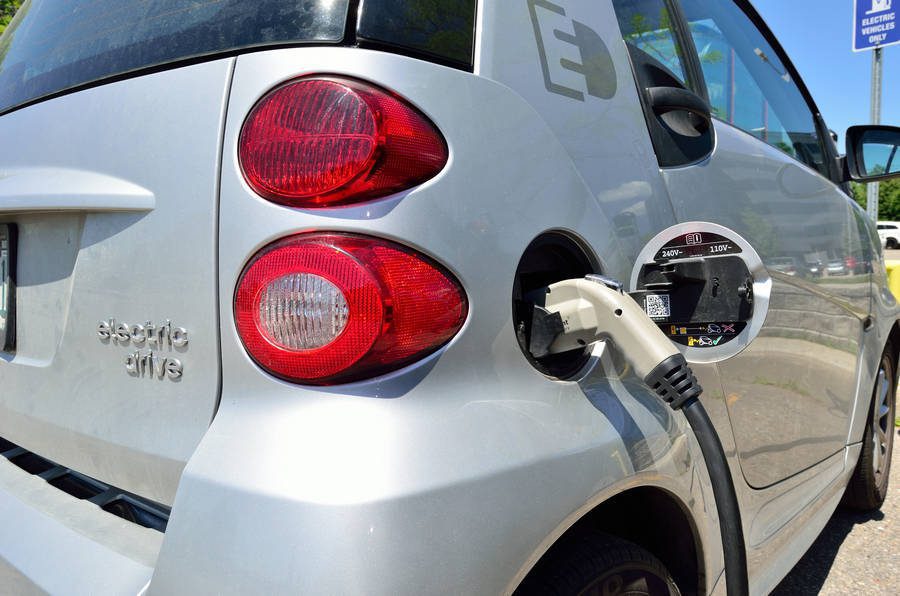
This is, of course, about air freight. We have already seen that the transportation of lithium batteries as air cargo, faces many restrictions. Such batteries are fire hazard, so they can’t travel in the hold of passenger airlines. Only dedicated freighters that satisfy stringent fire and other safety restrictions have have such batteries on board. This precludes temporary freighters (aka “preighters”), for instance.
Electric vehicles (EVs) are getting more and more popular. In 2020 they represented 4% of car sales worldwide, but could see a 20% growth over the next decade. And even at 4%, the 2020 demand for electric cars represented a substantial rise – just as aviation faced the pandemic. However, the challenges around these cars go far beyond the batteries themselves.
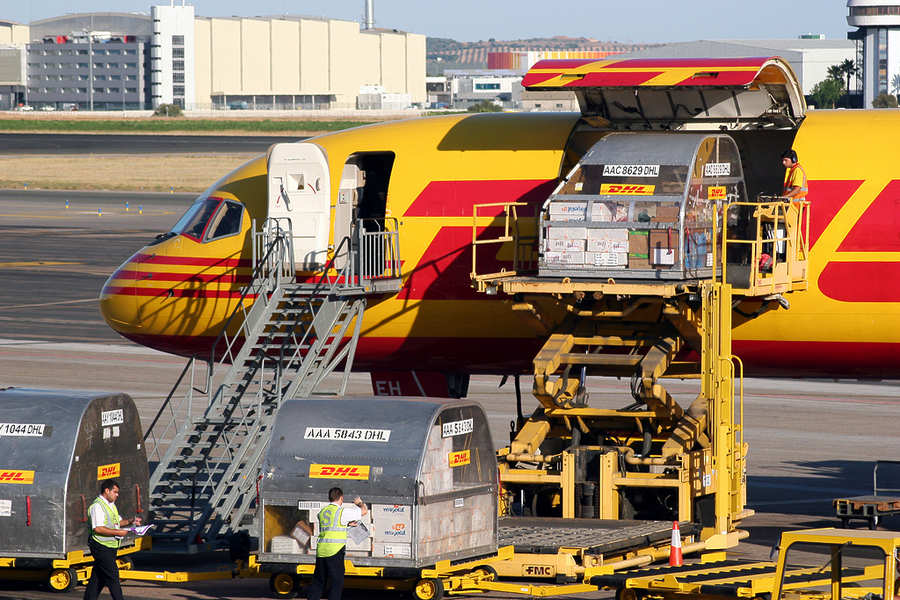
Aviation Adapting (?) To Electric Cars
Every time a new industry is established, the supply chain around it takes a while to adjust itself. And obviously this is harder when the industry is still expanding rapidly. New factories, using parts from new suppliers at new locations, will have this effect. And of course since everything is new, stoppages and other disruptions are much more frequent. Even weather is a greater factor than usual. So it isn’t immediately obvious what aviation has to adjust to, when it comes to electric cars.
In theory, electric cars and their industry should be an easy one for aviation and other cargo operators to handle. That is because electric cars actually include much fewer moving parts, compared to combustion-propulsion vehicles. The reduction amounts to around 90%, from 2000+ parts down to 200 or so.
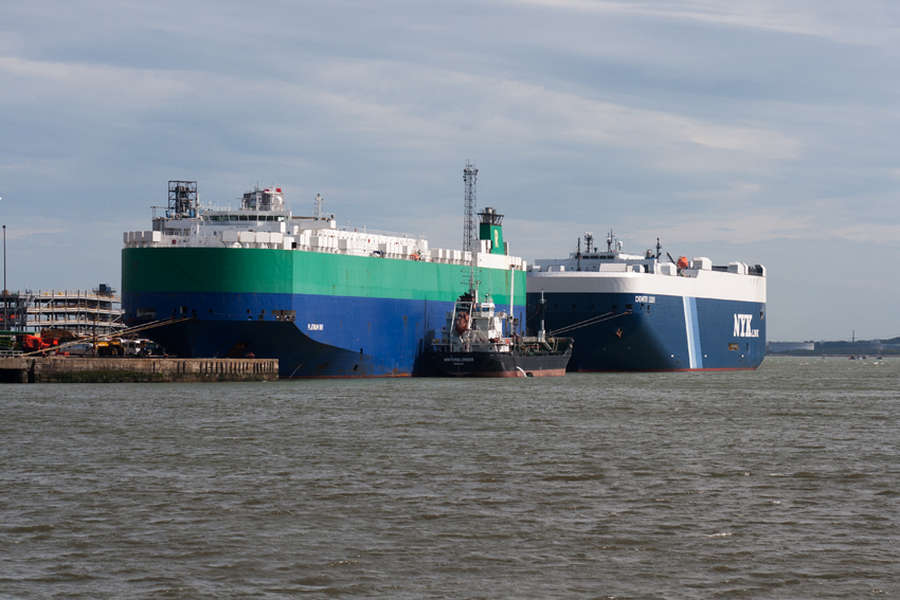
But it’s not that simple. EVs do include many crucial, expensive but non-moving parts. But once production matures, most of these parts in electric cars won’t involve aviation, for their transportation. This, however, could still be many years away. Analysts now describe the EV supply chain as ‘tight’, with future needs being difficult to predict/preempt.
Catering For Both Old And New
Not only that, but right now electric, hybrid and conventional cars coexist, and all pose different demands on aviation businesses. So air, land and sea cargo operators must find new capacity to meet emerging demand, instead of re-tasking existing assets. There is much more to all this, including complex supply chain logistics for the batteries themselves.
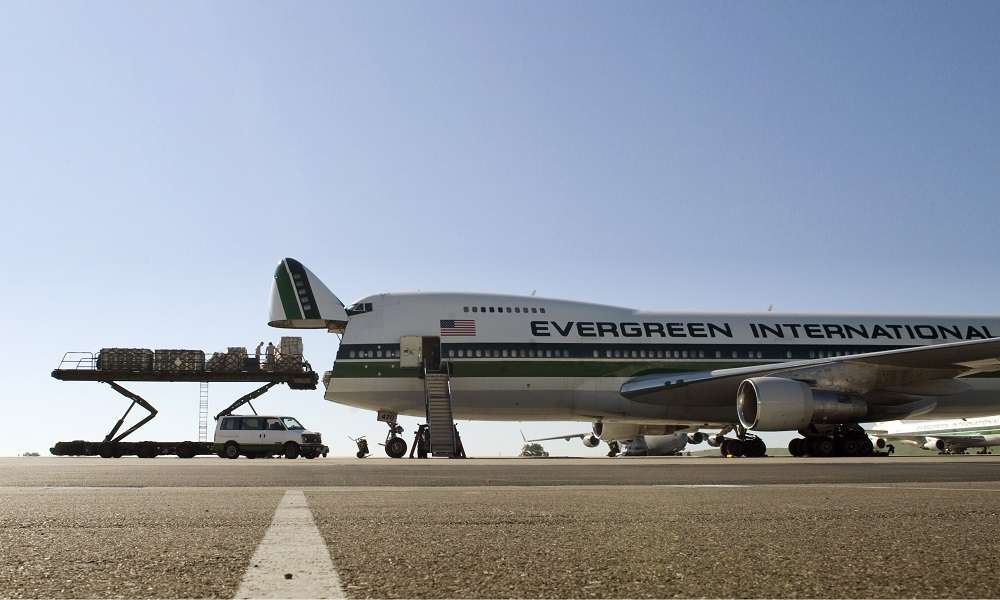
Dave Dudek, Executive Vice President at CEVA Logistics, said:
“Batteries will be shipped by airfreight only if they have to, but because of their importance to the EVs, we will see a growing need there. Batteries are such a critical component and so tied to the design – so we are also seeing quite a lot of use of airfreight in the engineering and testing phase.”
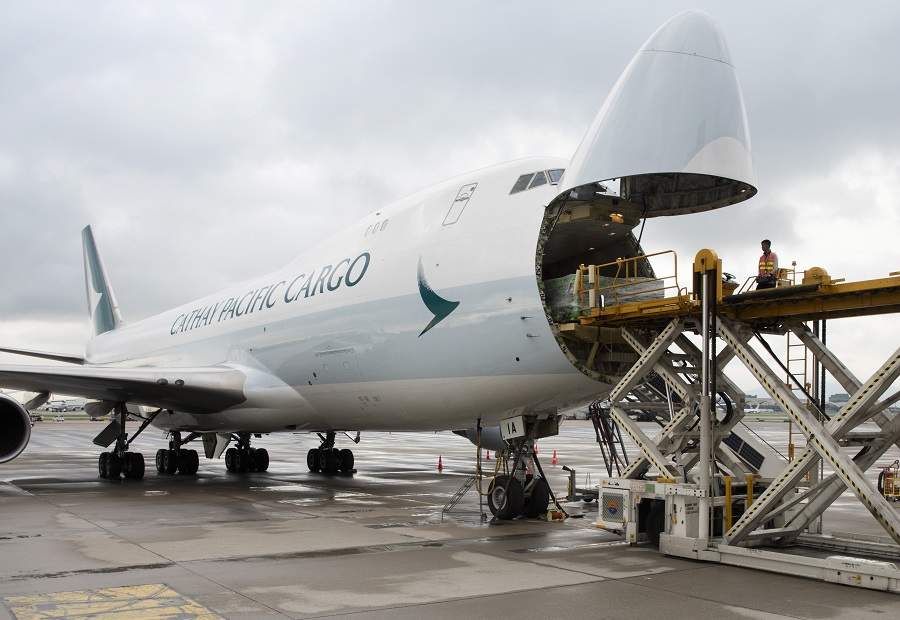
Pandemic delays and restrictions add to the workload of aviation operators, for electric car logistics. Rail freight out of China faces month-long delays, due to such restrictions. Lockdowns have also created a shortage of semi-conductors, introducing other delays. Meanwhile, there is a desire to have a CO2-friendly transport/supply chain, for products like EVs!
We have seen how e-commerce is increasing demand for air cargo capacity. Electric cars, batteries and related components are another challenge to many of the same aviation operators. And balancing short and long-term needs in this industry, will keep many people in it busy, for years to come.




2 comments
Dosmastr
I think Jim is right. But I’m also amazed: where did that 90% moving part reduction number come from?
Jim Roberts
The battery crunch is going to get worse in the short term because *hybrid* autos have begun to transition from nickel metal hydride batterues to Lithium-ion, for their higher energy density. That gives longer range on battery and/or lower weight, both of which raise auto fuel mileage.